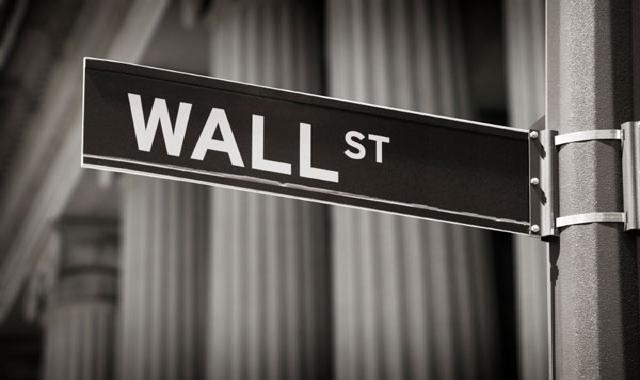Wall Street power player: We’re incentivized to cheat
Jim Chanos, an early detector of Enron’s fraudulent practices, explains our dysfunctional banking system
Hustlers. Cheaters. Crooks. American business has always had them, and sometimes they’ve been punished. But today, those who cheat and put the rest of us at risk are often getting off scot-free. The recent admission of Attorney General Eric Holder that systemically dangerous megabanks may escape prosecution because of their size has opened a new chapter in fraud history. If you know your company won’t be prosecuted, a perverse logic says that you should cheat and make as much money for shareholders as you can.
Jim Chanos is one of America’s best-known short-sellers, famed for his early detection of Enron’s fraudulent practices. In deciding which companies to short (short-sellers make their money when the price of a stock or security goes down), Chanos acts as a kind of financial detective, scrutinizing companies for signs of overvaluation and shady practices that fool outsiders into thinking that they are prospering when they may be on shaky financial footing. Chanos teaches a class at Yale on the history of financial fraud, instructing students in how to look for signs of cheating and criminal activity. I caught up with Chanos in his New York office to ask what’s driving the current era of rampant fraud, who is to blame, what can be done, and the ways in which fraud costs us financially and socially.
Rest here…
~


A very good article.